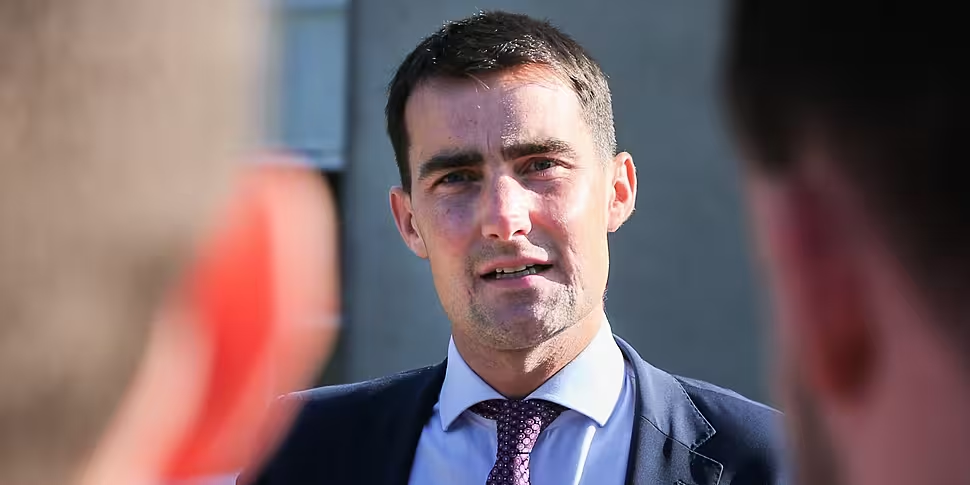The Government will "carefully consider" what to do with over €13 billion in back-taxes from Apple, the Finance Minister has said.
The European Court of Justice (ECJ) this morning sided with the European Commission in its bid to make Apple pay the money – meaning Ireland could now be required to accept the funds which have been sitting in an escrow account for eight years.
EU Competition Commissioner Margrethe Vestager originally ordered Apple to pay Ireland €13.1bn in 2016 – finding that the country had given companies owned by the US tech giant illegal tax aid.
That aid related to the tax treatment of profits generated by Apple’s activities outside the United States - in particular, two tax ‘rulings’ by Revenue in 1991 and 2007 that, it said, offered Apple an unfair advantage over other corporate taxpayers.
Both Ireland and Apple have been fighting against the order ever since – and today’s ruling marks a landmark moment in the dispute.
 File photo shows an Apple iPhone in front of Government Buildings in Dublin. Image: Sam Boal/Rollingnews.ie
File photo shows an Apple iPhone in front of Government Buildings in Dublin. Image: Sam Boal/Rollingnews.ieFinance Minister Jack Chambers said accessing the money will likely take several months.
"Today's judgment provides the final determination in this case and the process of transferring the assets in the escrow fund to Ireland will now commence in the manner prescribed in the deed governing the operations of the escrow fund," he said.
"This is a complex process which is expected to take a number of months to conclude.
"The Government will need to carefully consider what is the best course of action to take with this revenue, and I will be engaging with the party leaders over the coming weeks on the matter."
 An Apple iPhone undergoing a software update in January 2019. Image: Jes2ufoto / Alamy
An Apple iPhone undergoing a software update in January 2019. Image: Jes2ufoto / AlamyMinister Chambers said the fund will not make a difference to Budget 2025.
"I need to be clear however, that this will not impact on the parameters already set for Budget 2025," he said.
"The Summer Economic Statement, published by the Government in July, has set out the available package for the Budget and Minister Donohoe and I will deliver Budget 2025 on October 1st in line with those parameters."
Minister Chambers also defended Ireland’s corporate tax regime.
"The Apple case involved an issue that is now of historical relevance only - the Revenue opinions date back to 1991 and 2007 and are no longer in force," he said.
"Ireland has already introduced changes to the law regarding corporate residence rules and the attribution of profits to branches of non-resident companies operating in the State," he added.
In a statement, Apple said it was disappointed with the decision and accused the European Commission of “trying to retroactively change the rules”.









